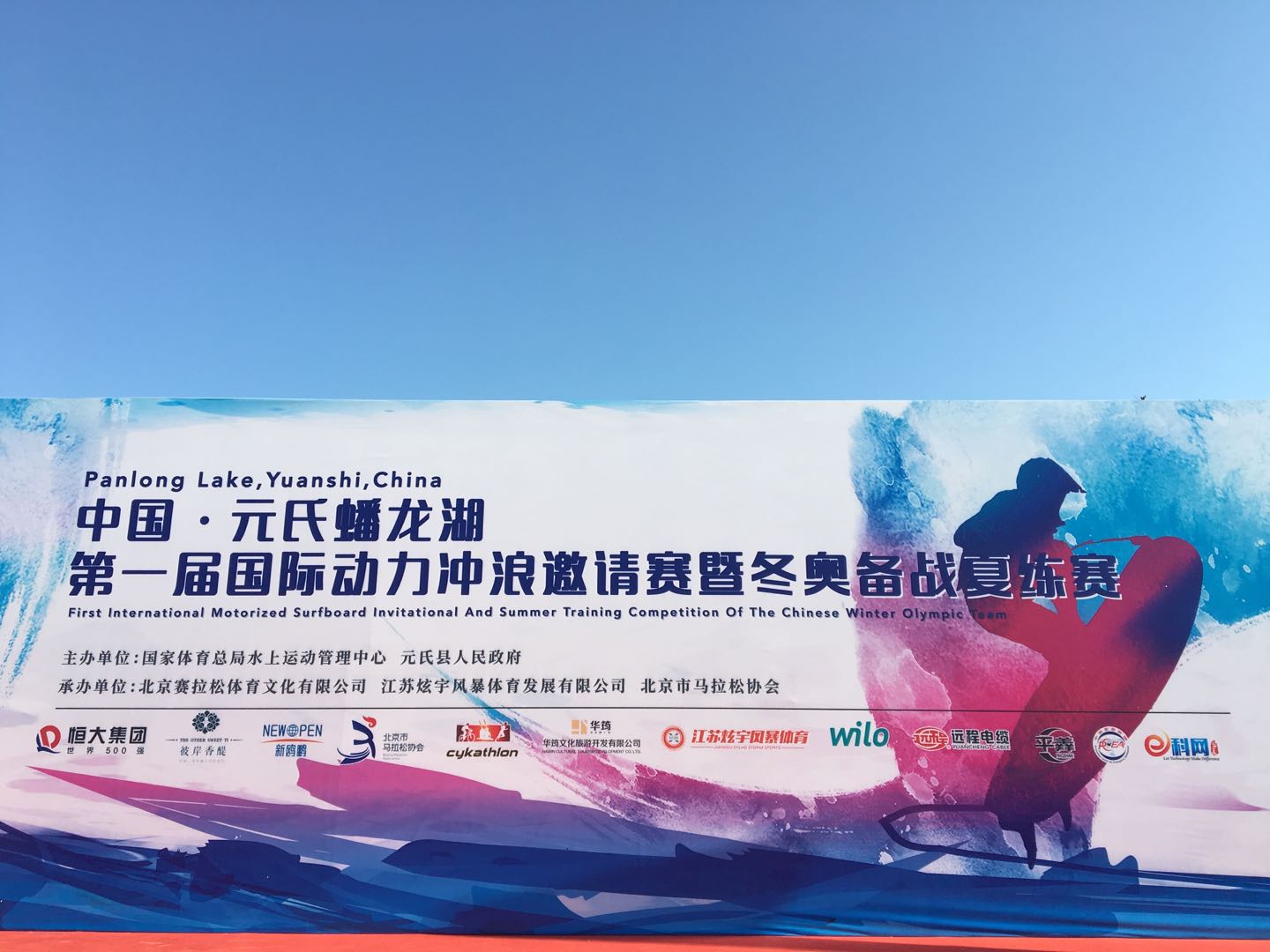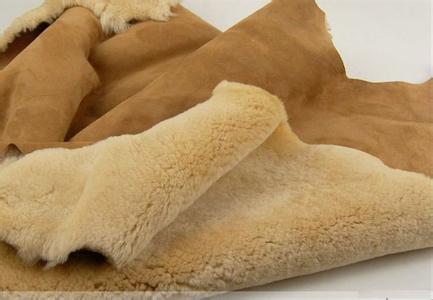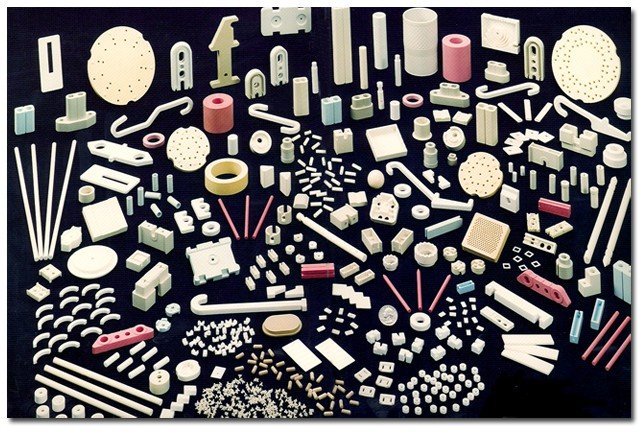Antibacterial hydrogel has received extensive attention in soft tissue repair, especially preventing infections those associated with impaired wound healing. However, it is challenging in developing an inherent antibacterial hydrogel integrating with excellent cell affinity and superior mechanical properties. Inspired by the mussel adhesion chemistry, a contact‐active antibacterial hydrogel is proposed by copolymerization of methacrylamide dopamine (MADA) and 2‐(dimethylamino)ethyl methacrylate and forming an interpenetrated network with quaternized chitosan. The reactive catechol groups of MADA endow the hydrogel with contact intensified bactericidal activity, because it increases the exposure of bacterial cells to the positively charged groups of the hydrogel and strengthens the bactericidal effect. MADA also maintains the good adhesion of fibroblasts to the hydrogel. Moreover, the hybrid chemical and physical cross‐links inner the hydrogel network makes the hydrogel strong and tough with good recoverability. In vitro and in vivo tests demonstrate that this tough and contact‐active antibacterial hydrogel is a promising material to fulfill the dual functions of promoting tissue regeneration and preventing bacterial infection for wound‐healing applications.


 我要投稿
我要投稿









